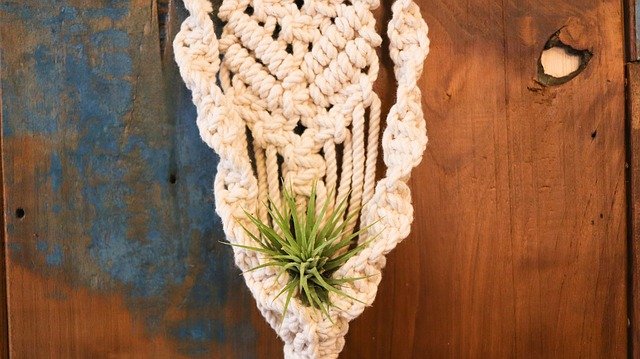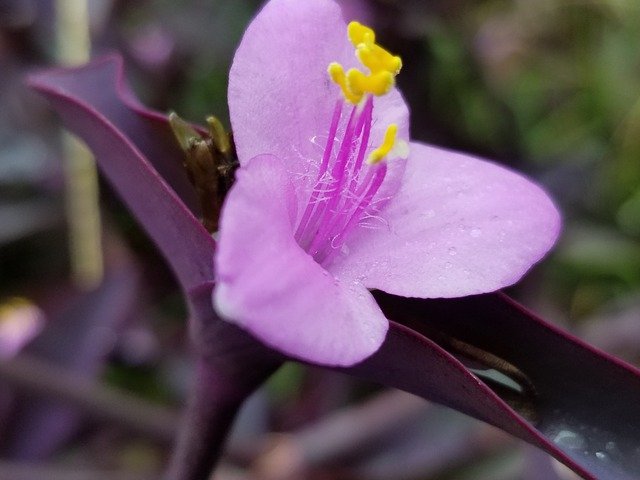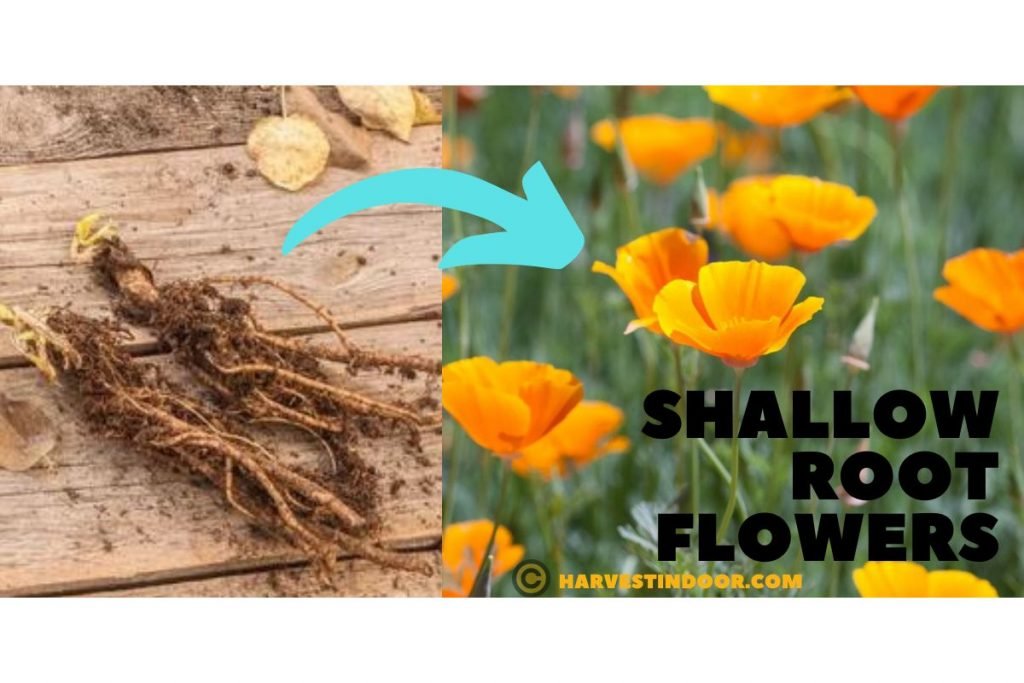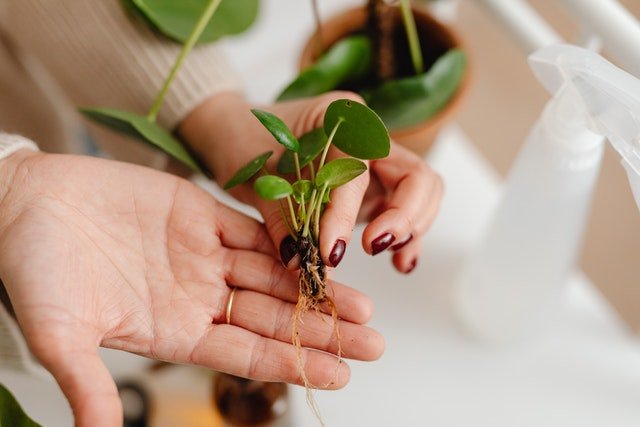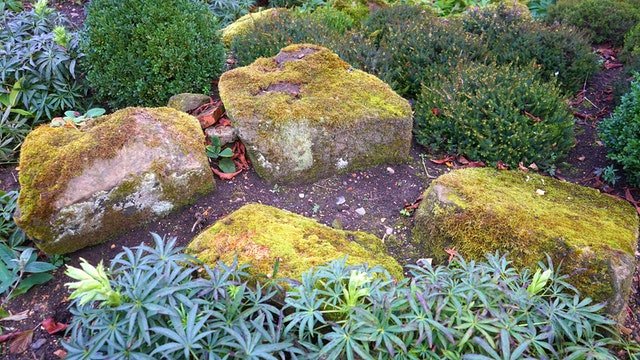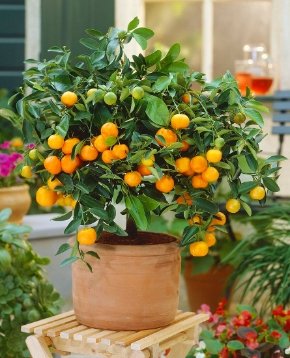For gardeners who live in zone 7, thriving tropical plants could be quite challenging. In zone 7, gardeners will experience above-average heat during the summer season and followed by freezing average cold temperatures during the next winter season. The majority of tropical plants, although some can survive the extreme heat, will go dormant or even die if faced with extreme cold.
Luckily, there are tropical-looking plants for zone 7 you can add to your lovely garden. A wide selection including annual, perennial, edible, and succulent, you can make sure these tropical plants that grow in zone 7 will do well in both summer and winter months!
Table of Contents
Why Is It Important To Know Your Hardiness Zone?
A hardiness zone is a zone map based on the average annual minimum winter temperature to help gardeners determine which plants will thrive well and suit certain locations. Understanding your hardiness zone based on your current location would save you lots of time and money.
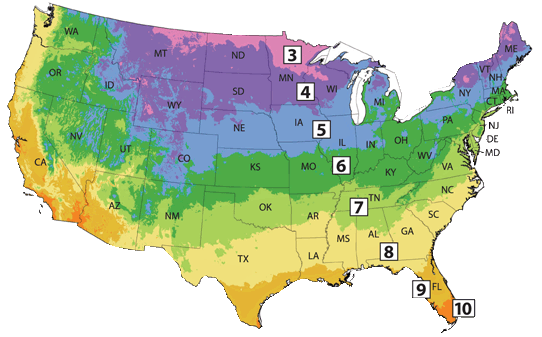
To illustrate, let’s take a look at the true tropical plant, Alocasia. As a native to tropical rainforests, this popular ornamental plant thrives well under the hardiness zone of 9 to 11, with a minimum average temperature of 25 degrees Celsius. Though Alocasias can survive living in areas with the majority of cool temperatures, most of the time, they are not frost resistant.
So to prevent any damage to your Alocasia, you need to mimic their natural growing habitat. Utilizing the use of grow light for plants to make the temperature warmer could save your Alocasia, but the downside is, it might cause your electricity bill to soar high. Thus, growing plants in areas they are not supposed to be could result in time and even money loss, and most importantly, it could damage your plant.
However, for those of you zone 7 residents, you still can appreciate the beauty of tropical plants by choosing one of these exotic tropical plants that grow in zone 7, without having to worry about time loss and hurting your wallet!
What Are Tropical Plants That Grow In Zone 7?
Annual Tropical Looking Plants For Zone 7
If you’re the type of gardener that loves experimenting with something new and can’t commit to certain plants for too long, growing these annual tropical-looking blooms will let you do more exploring. As an annual, these plants have a much shorter life span. Usually, they complete their life cycle in just one year.
Cock’s Comb (Celosia argentea)
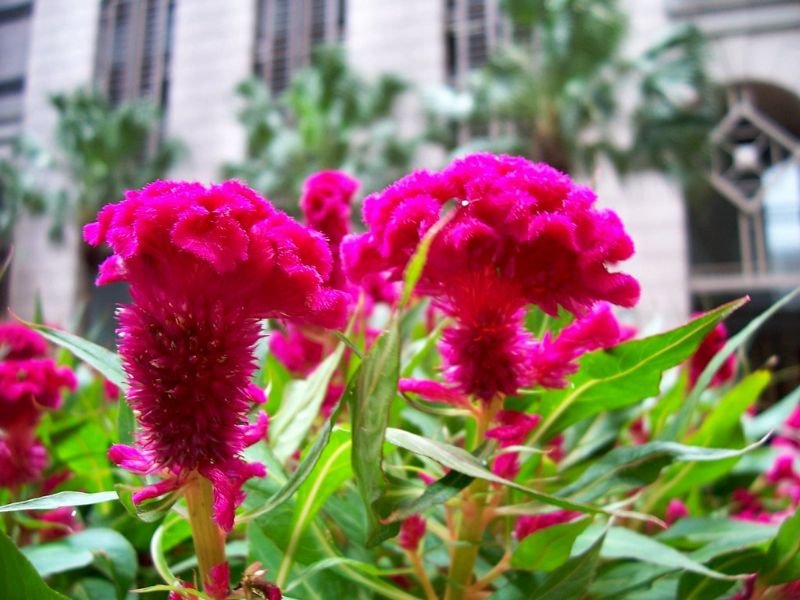
Cock’s comb is widely known as low maintenance and for their blooms’ color and shape–which uniquely resembles the red combs on roosters. But some people also believe the flowers look like human brain coral structures. With a maximum height of 0.2 meters, this tropical African, Nepal, and Indian native plant would create a spectacular view for tropical-themed gardens.
Common Lantana (Lantana camara)
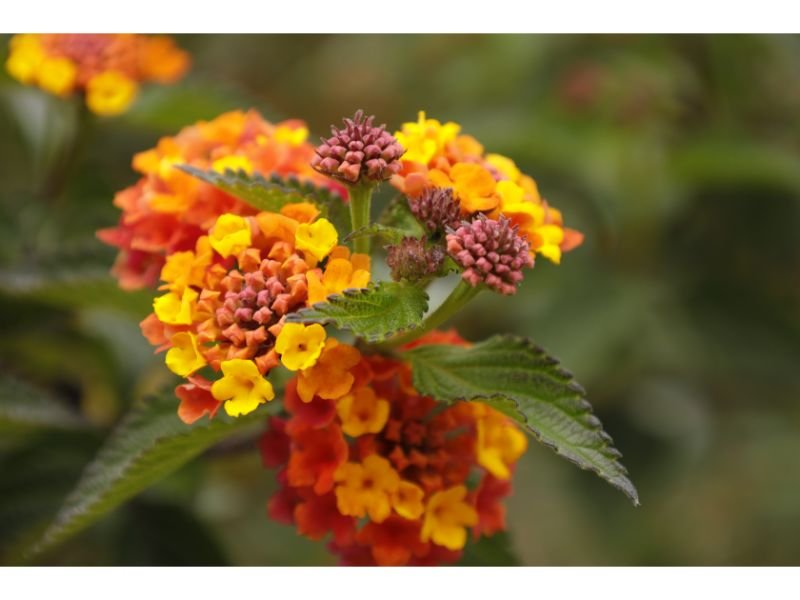
The striking umbrella rib’s structure look-alike of common lantana blooms is what makes these tropical plants that grow in zone 7 special. The fragrant and vivid hues of common lantana can grow up to 3 meters high, so if you’re not fond of taller plants, you might want to prune this gorgeous flowering plant more often.
Montbretia (Crocosmia ‘Lucifer’)

The bright yellow, red, and orange tones of montbretia are good for cut flowers. A naturally no more than 90 centimeters tall, montbretia, also called ‘Lucifer’, displays its glorious blooms during the warm summertime.
Perennial Tropical-Looking Plants For Zone 7
Perennial plants are suitable for gardeners who love to see their plants blooming all year long. Although the average lifespan of perennials varies depending on each species, the vast majority of perennials will get through one after another season.
Canna (Canna glauca)
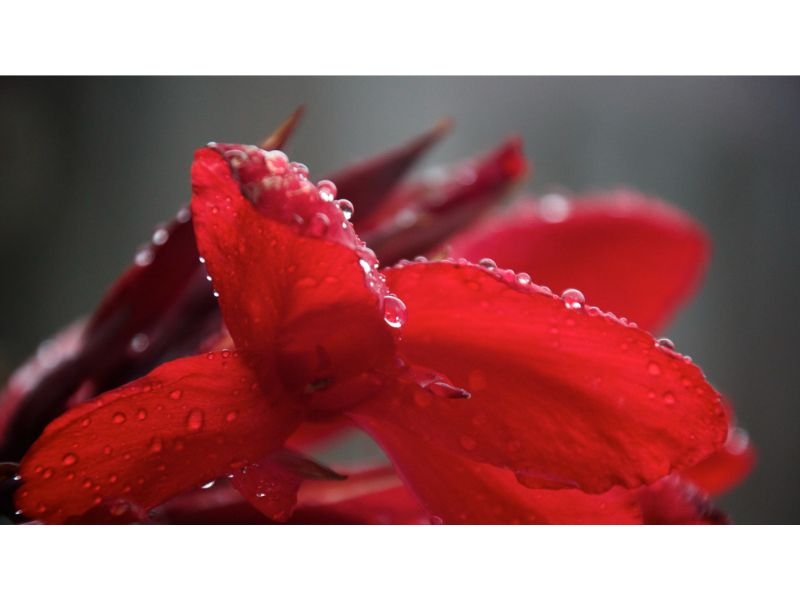
Not only as perennial but this tropical American native plant could also be grown in shallow water such as ponds! They bloom during summer and do their best under the impact of the direct full sun.
Chinese Fan Palm (Trachycarpus fortunei)
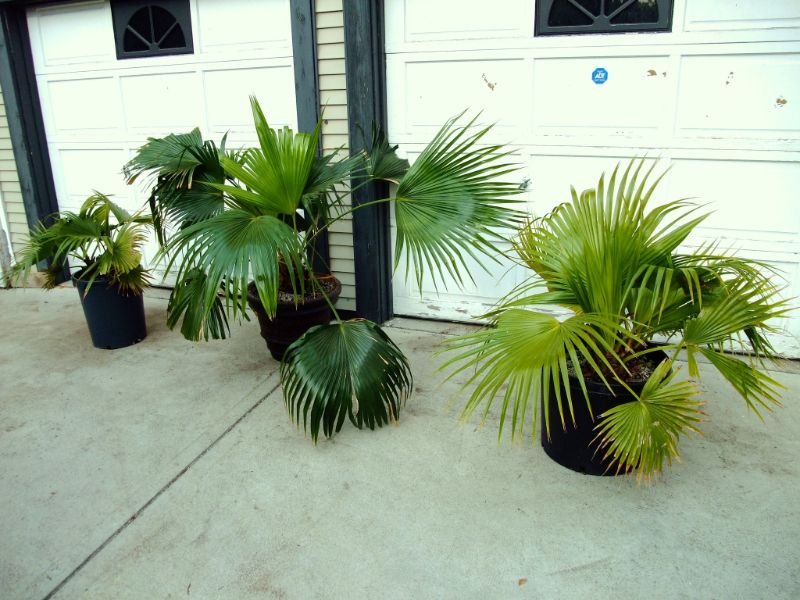
In Chinese culture, the Chinese fan palms are believed as plants that can attract wealth and fortune to your house. These exotic fruit trees for zone 7 grow rapidly up to 3 meters. They produce tiny fruits during summer but it’s not recommended for consumption.
Pineapple Lily (Eucomis)
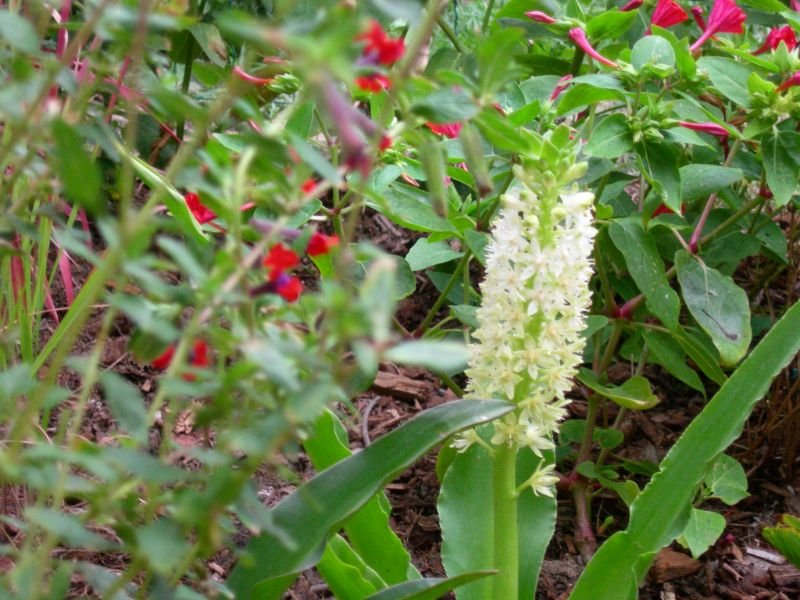
The botanical name of pineapple lily is derived from the Greek word ‘eukomos’, which means ‘beautifully haired’. Pineapple lilies produce stalks of blooms that consist of tiny blooms with ‘spiky’ foliage at the top–resembling the upper part ‘hair’ of a pineapple.
Edible Tropical-Looking Plants For Zone 7
Sourcing foods from plants have been part of humanity for millions of years. Growing edible tropical-looking plants is not only a great idea to build more attraction to your house, but it can provide your family with freshly-produced natural products too!
Common Pawpaw (Asimina triloba)

Both seeds and fruits part of these exotic fruit trees for zone 7 is edible. During fall and summer, the common pawpaw tree will produce nutritious fruits that taste similar to bananas! Not only good and sweet in flavor, the common pawpaw fruits and seeds are also high in crude protein, lipid, vitamin E, glutamic acid, and potassium.
Fireball Hibiscus (Hibiscus ‘Fireball’)

‘Fireball’ hibiscus is a cultivated species of the common hibiscus with flaming red color. Aside from their elegant blooms, there’s something about these tropical-looking plants for zone 7 that makes them stand out–that is their beneficial composition for health. They’re rich in antioxidants and anti-bacterial extracts.
Cardinal Spear (Erythrina herbacea)
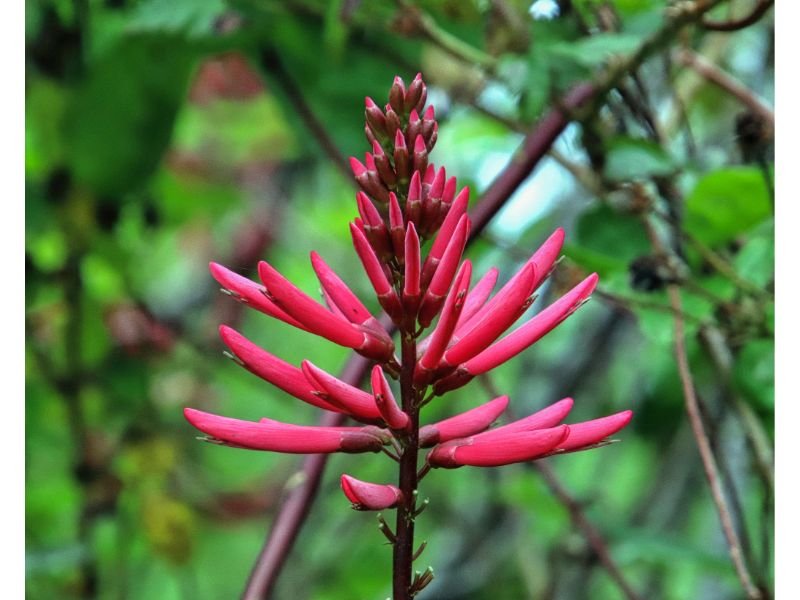
Also known as Cherokee bean or coral bean, the cardinal spear consists of bright red or burgundy, funnel-shaped blooms. They don’t need a lot of maintenance, and despite being moderately low toxicity to humans, the derivative part of the cardinal spear plant has been used as a laxative agent by the Native Americans.
Succulent Tropical-Looking Plants For Zone 7
If you’re completely new to gardening or are not able to spare more time to do some maintenance, growing succulents would be the best yet joyful experience to try. Being naturally a desert plant, most succulents can survive in very dry areas, as well as tolerance to drought and salt.
Century Plant (Agave Parryi)

Best known as parry’s agave, this plant is a slow-growing succulent that requires moderate maintenance but once they’re matured, taking care of the century plant is not a daunting task to do. This drought-tolerant plant prefers soil with good drainage that is occasionally dry.
Stonecrop (Hylotelephium cauticola)
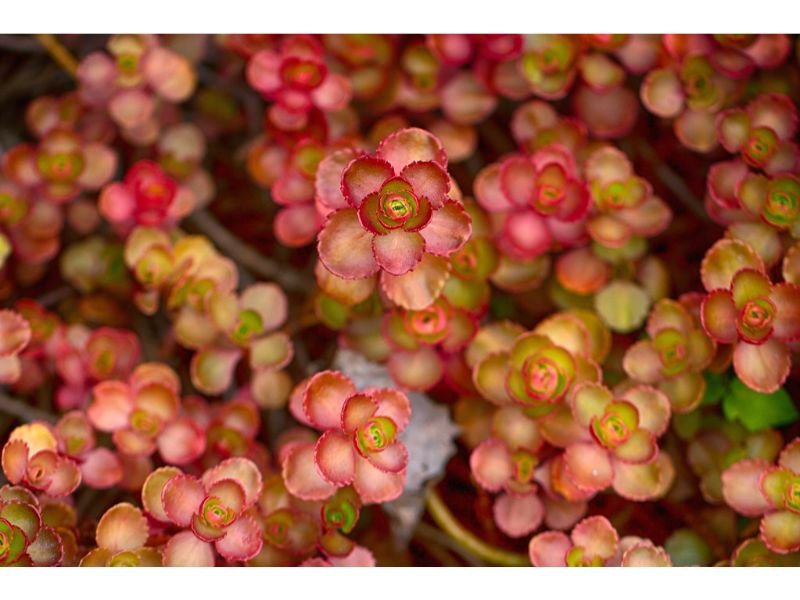
Another low-growing tropical-looking plant for zone 7, stonecrop is a perennial succulent with rose-shaped, fleshy green foliage and tiny star-shaped flowers that bloom during fall only. Be careful to not touch stonecrop directly since this plant contains alkaloids and define which may cause poisoning.
Houseleek (Sempervivum tectorum)
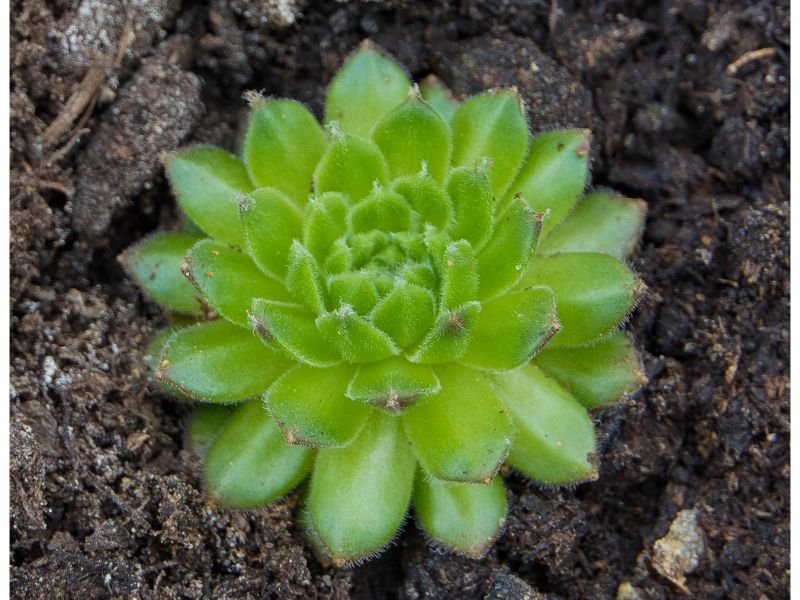
Houseleek is mainly grown for its thick, rosette-shaped foliage. The Latin name ‘sempervivum’ is derived from the words ‘semper’ (always) and ‘vivus’ (living), which houseleek got because of their resistance to living in areas with difficult conditions to grow.
Finishing Up The Best Tropical-Looking Plants For Zone 7
Living in hardiness zone 7 where most tropical plants would not survive thriving doesn’t have to be an obstacle. With these tropical-looking plants for zone 7, creating your tropical-themed garden is no longer just a dream. Ensure to consistently provide all the basic needs for all your plants, and you’ll be safe. Happy Gardening!

New author in the hood. Loves gardening and flowers are my spirit animals (yes I know they are not animals but I insist). I will be covering most of the flowers’ topics here and occasionally random though as well.

